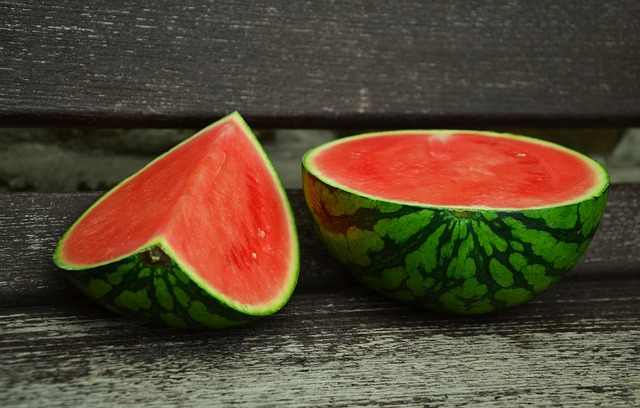A Fountain of Youth? The Anti-aging Potential of Probiotics Revealed
Introduction
Growing old is a natural part of life, but the desire to look and feel younger has been a pursuit for many centuries. While there is no magical fountain of youth, recent research has shed light on a potential ally in the battle against aging: probiotics. These beneficial bacteria, commonly found in fermented foods and supplements, are known for their positive impact on gut health. However, scientists are now exploring how probiotics may also offer anti-aging benefits to our overall health and appearance.
The Science Behind Aging
Aging is a complex process influenced by various factors, including genetics, lifestyle, and environmental exposure. At the cellular level, aging is associated with a gradual decline in cellular function and the accumulation of cellular damage. Over time, this damage manifests as visible signs of aging, such as wrinkles, sagging skin, and impaired organ function.
The Gut-Brain-Aging Connection
Recent studies have shown that our gut health plays a crucial role in overall health and aging. The gut is home to trillions of bacteria, collectively known as the gut microbiota, which help maintain the balance of our immune system and promote proper digestion. Emerging research indicates that the gut microbiota and brain communicate bidirectionally via the gut-brain axis.
Probiotics and Aging
Probiotics, as live bacteria, have the potential to positively influence the gut microbiota, leading to a cascade of health benefits. Several studies have explored the connection between probiotics and aging.
Skin Health
The skin is the largest organ of the body and is significantly impacted by the aging process. Probiotics have shown promise in promoting skin health and reducing the signs of aging. Research suggests that certain probiotic strains can enhance the skin’s natural defenses, improve hydration, and increase collagen production.
Immune Function
As we age, our immune system weakens, making us more susceptible to infections and diseases. Probiotics have been found to enhance immune function by increasing the production of antibodies and activating immune cells. By supporting a healthy gut microbiota, probiotics can help support a robust immune system, potentially slowing down the aging process.
Cognitive Function
Age-related cognitive decline is a concern for many individuals. Research suggests that the gut microbiota may influence brain health and cognitive function. Probiotics have shown promising results in improving cognitive performance and reducing age-related cognitive decline in animal studies. While more research is needed in humans, these findings suggest a potential link between probiotics and brain health.
Conclusion
While the concept of a “fountain of youth” remains elusive, probiotics offer exciting potential in the pursuit of healthy aging. By maintaining a healthy gut microbiota, we may be able to support our overall health, skin, immune function, and cognitive abilities as we age. However, it’s important to note that individual responses to probiotics may vary, and further research is needed to fully understand their anti-aging effects. Incorporating probiotic-rich foods or supplements into a balanced diet is a proactive step towards healthy aging.







